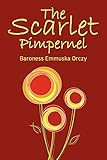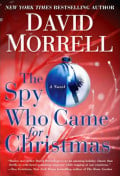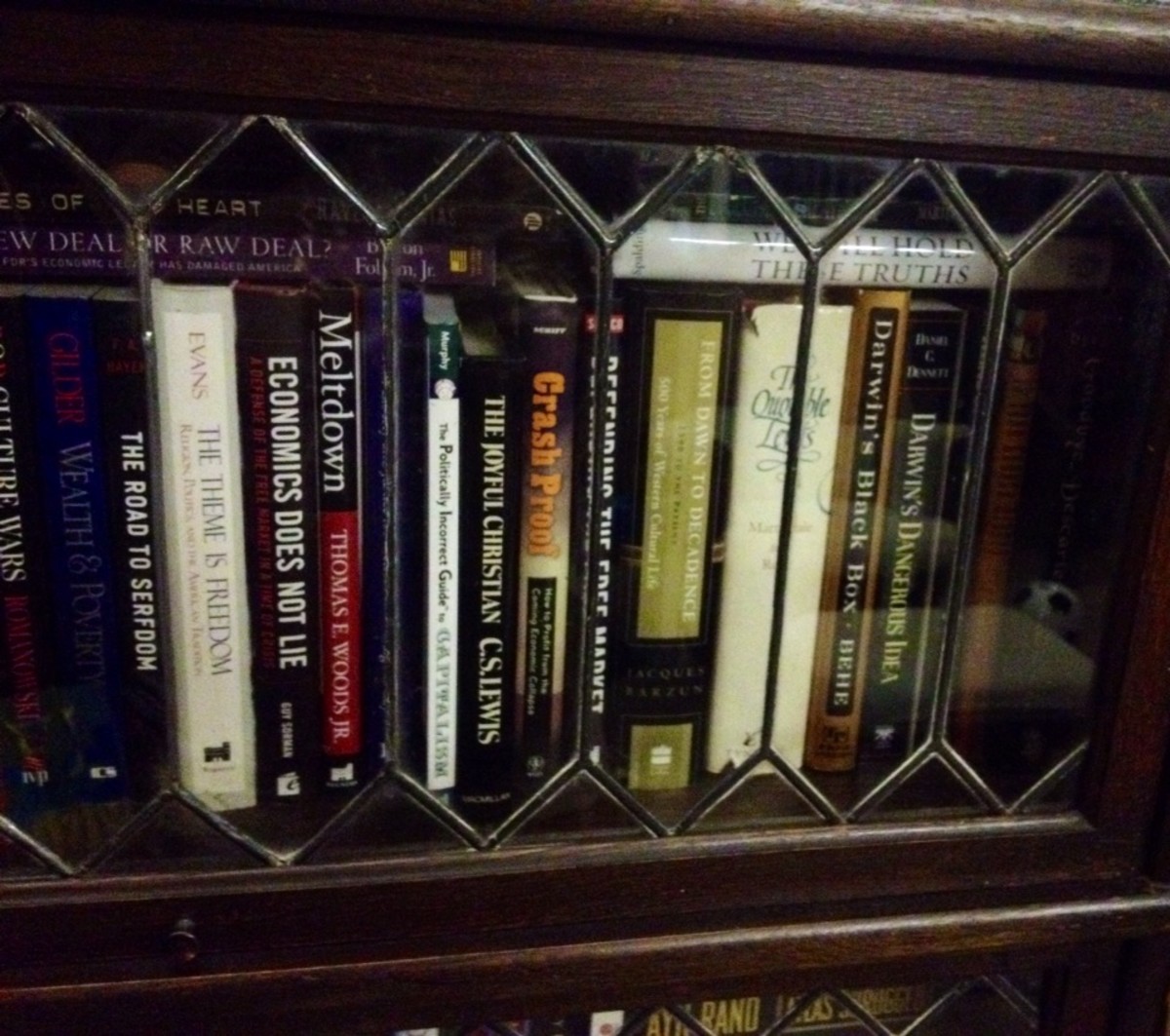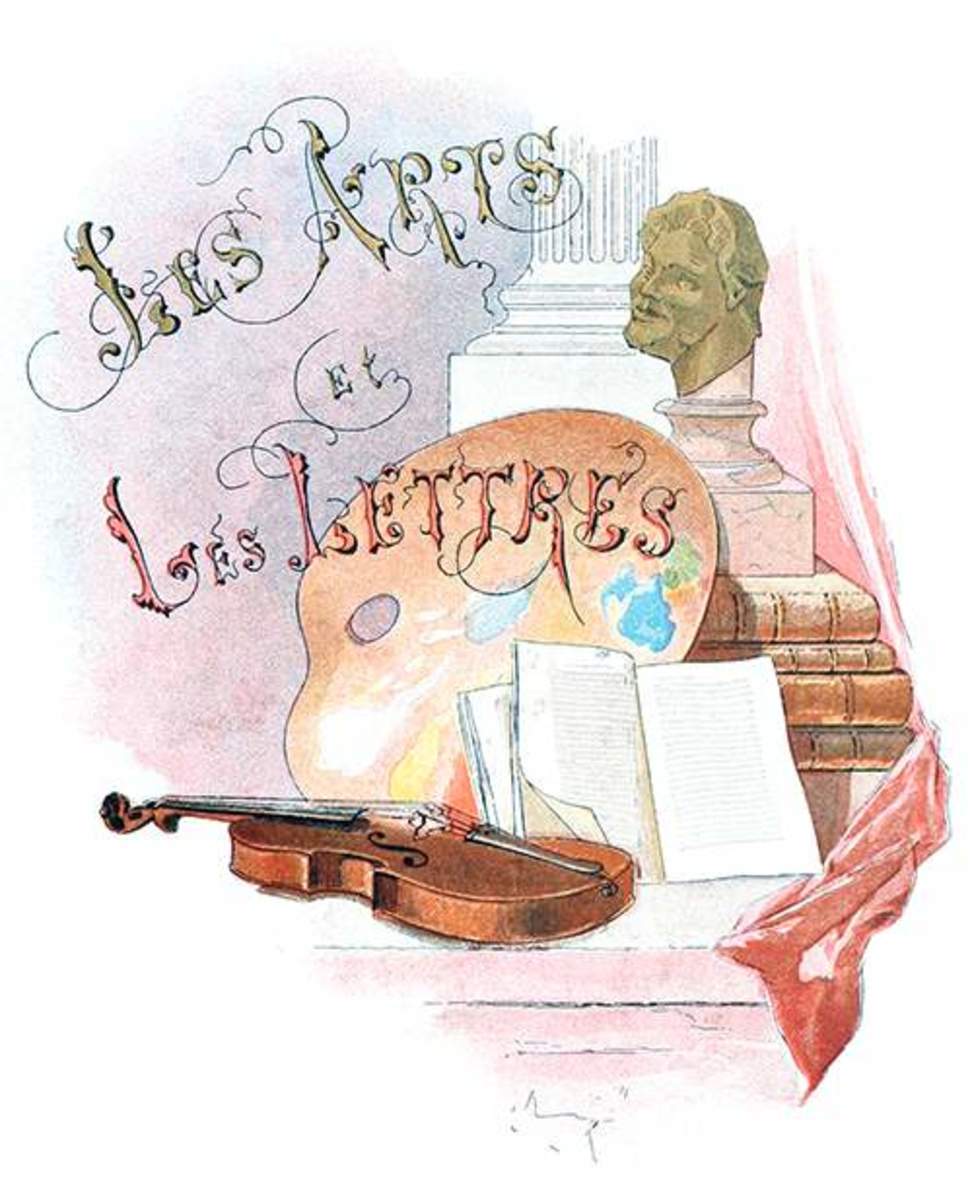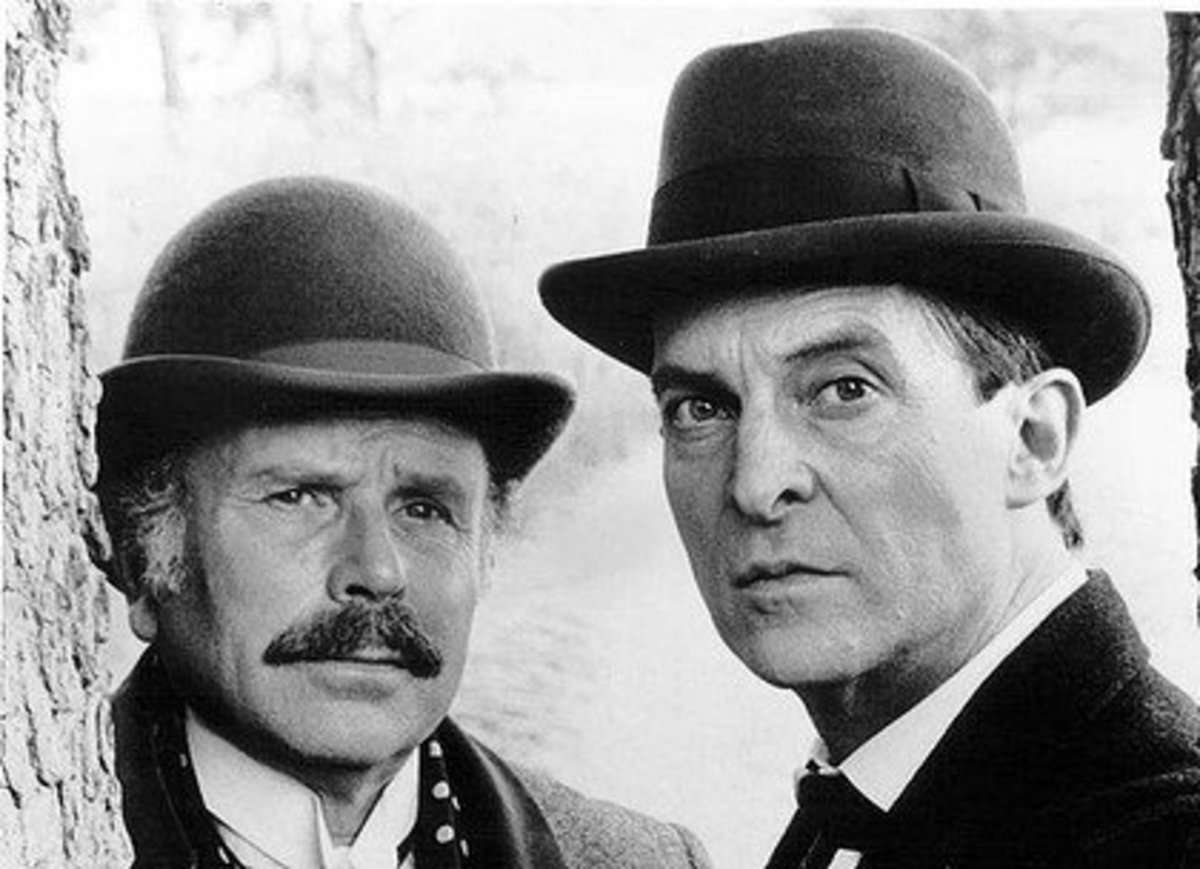Best Spy Novels, Contemporary and Classics

Spy Novels: The Perfect Genre?
I love spy novels. More than murder mysteries or romance novels, these are the tales that keep me up at night. I suppose it's the intoxicating combination of power, politics, danger, suspense and, yes, often sex, that makes these the books that, when done right, have everything.
The first spy novel I ever read was "The Scarlet Pimpernel" by Baroness Orczy, written in 1905 and full of dashing intrigue as a British nobleman humiliated the French through disguise and trickery to sneak doomed French nobles to safety. This is the sort of stuff a young girl can really sink her teether into.
Next up, insofar as it was a true spy book, was "The Hunt for Red October" when I was 11 years old. Precocious? Perhaps. Doubtless I missed a lot, but I was hooked on that mix of suspense and a spy novel heroes' MacGyver-like ability to get out of a jam, the intellectual twists and turns of the plot, the play of history and politics (since, to my mind, the WWII and the Cold War provided the backdrops to the best tales the genre has yet produced), that discomfort of not being quite sure what is going on or whom to trust.
Oh yes, I love me a spy novel.
The Genesis of the Spy Novel
Spies could probably give prostitutes a run for their money when it comes to determining whose is actually the World's Oldest Profession. Fact is, spying's as human an act as any I know, and one as old as power itself.
But since the modern novel didn't really come into its own until the 19th century, there couldn't really have been a spy genre prior to that, could there? Espionage or spy novels share plenty with adventure novels, suspense novels, thrillers and political or military suspense tales.
Governments formed modern intelligence agencies in the early 20th century, and that fact breathed real life into the budding spy genre. Throw in a couple of world wars and well, there was fodder a-plenty for good story tellers with a paranoid frame of mind.
Early Spy Novels
The Scarlet Pimpernel by Baroness Orczy (1905)
This 1905 novel about a dashing and mysterious Englishman who rescues doomed aristocrats from beneath the noses of the Frenchies blends romance, adventure and what will become classic tropes of the spy novel for an exciting, entertaining and easy read.
A Coffin for Demitrios by Eric Ambler (1939)
Eric Ambler is considered by some to be the Dashiell Hammett of spy fiction — the author who took a certain strain of writing and hardened it into a distinct genre. This novel form between the wars depicts an innocent who find himself caught in a world of intrigue and espionage. Were it not for the noticeable lack of technological wizardry, much of this book feels so current and universal that it could have been written in the 21st century.
Our Man in Havana by Graham Greene (1959)
Greene had fun with this book. Like Ambler, he features an unremarkable, average person who finds himself in the spy world. The book is as much a comedy as a thriller, and it's perhaps Greene's most entertaining novel.
Popular Novelists Who Made Spy Novels Mainstream
The Cold War opened up all kinds of new opportunities for novelists interested in suspense, politics, and human nature. Spy novels really entered the popular mainstream in the 1960s and 1970s, launching the careers of James Bond, John Le Carré, Len Deighton and others.
On Her Majesty's Secret Service by Ian Fleming
My favorite of the 007 books, here James Bond seems the most human and conflicted, giving a little character depth to what most of us think of as a two-dimensional, tuxedo-wearing, martini-swilling, lady-laying, always-gets-his-man spy ideal.
The Day of the Jackal by Frederick Forsyth (1971)
Forget that silly Bruce Willis movie: this is the real thing. The Jackal is the world's greatest assassin, a blond chameleon and complete cypher out to kill President Charles de Gaulle. This book features the top level storytelling that makes spy novels so gripping even when you can anticipate how they end.
The Spy Who Came In From the Cold by John Le Carré
Again, this is my personal favorite book by a master of the genre, and an expert at the fine, delicate art of intricate plotting. No less an author than Graham Greene considered this the best spy novel ever written. A battle between British and East German agents in early Cold War Berlin. Le Carré actually worked for British himself once upon a time, and he dabbles in ambiguity and complex characters more than many of his contemporaries — or ours!
Eye of the Needle by Jen Follett
Ken Follett started out writing classic spy yarns before he turned his pen to sweeping historical epics like Pillars of the Earth. I devoured all of his books in high school, once I realized that spy books were my dessert of choice. Set during WWII, the Needle is an assassin who just might propel the Nazis to victory.
The Bourne Identity by Robert Ludlum
Forget the modernized movie trilogy starring Matt Damon. For that matter, forget the television miniseries starring Richard Chamberlain. Robert Ludlum is a master of the page-turner, and he holds you captive for every breathless moment as Jason Bourne struggle to find out who he is, if he is good or bad, and why his own government seems to want him dead.
Contemporary Masters of the Spy Novel Craft
With WWII well behind us and the Cold War also a thing of the past, what's a conspiracy-minded, ripping storyteller to do? Contemporary spy novelists have taken a variety of tacks, and the very best of them keep this genre as vital and exciting as ever.
The Tourist by Ole Steinhauer (2010)
This is the book I am reading now, and it's as can't-put-down-good as any I've read. An ex-black ops operative for the CIA finds himself dragged back into his old work, running to keep ahead of events he barely understands.
The Company by Robert Littell
A page-turning spy thriller that doubles as a history of the CIA. A wild romp through history and politics, with a compelling story to boot. Long, but worth it.
Kingdom of Shadows by Alan Furst
Who says that the end of WWII and all the contemporary world conflicts means that one can't write contemporary spy novels set 70 years ago? Alan Furst is master of two genres: the spy novel and historical fiction. HIs books are often called atmospheric and noir; he captures a sense of what Paris must have felt like in the years leading up to WWII. Not much really happens in these books, but they aptly depict how extraordinary times called on ordinary men and women to serve their countries in unimaginable ways.

